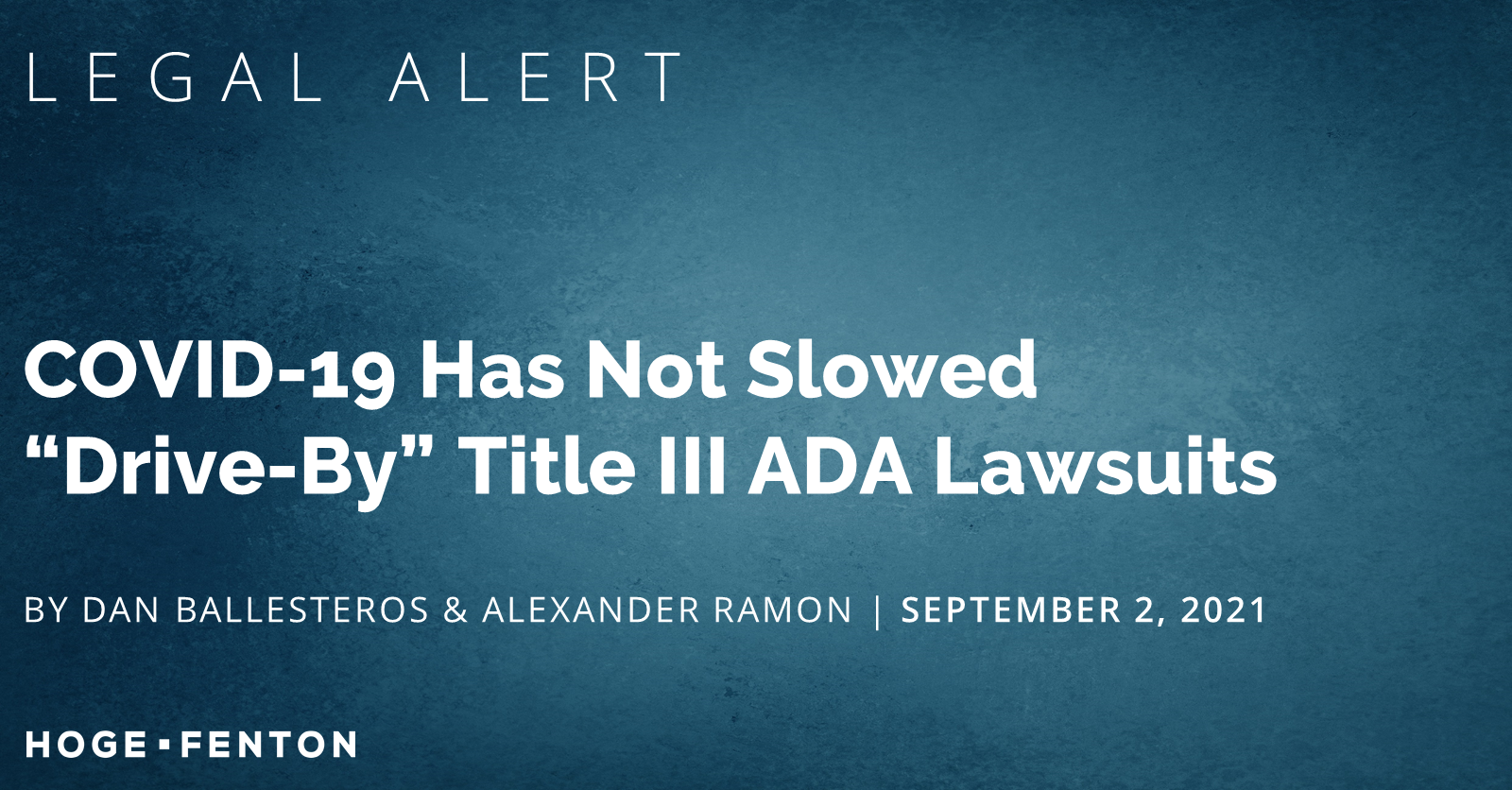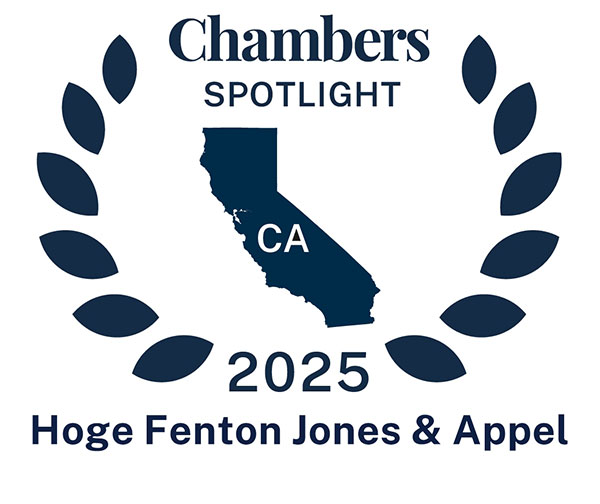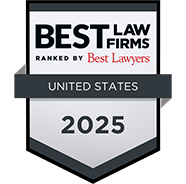Legal Article | COVID-19 Has Not Slowed “Drive-By” Title III ADA Lawsuits
By Hoge Fenton | 09.2.2021 | Corporate & Business Law

Scott Johnson with the assistance of the Center for Disability Access (a branch of Potter Handy, LLP) has filed and continues to file Title III Americans with Disabilities Act (ADA) based lawsuits throughout the Bay Area despite COVID-19. As of August 14, 2021, Scott Johnson has filed more than 1,400 ADA lawsuits targeting Bay Area businesses in the U.S. District Court for the Northern District of California, year to date.
These claims are generally referred to as “Drive-By” lawsuits. Scott Johnson may never even get out of his vehicle but an employee or agent of his will come onto a business’s property with a tape measure or a level, observe some alleged violation of the ADA and then file a lawsuit against the business operating the facility and landowner. ADA lawsuits filed in California are usually accompanied by an additional cause of action for violation of California’s Unruh Civil Rights Act. While the ADA allows Plaintiff access only to injunctive relief to have any alleged barriers to access removed and attorneys’ fees, California’s Unruh Civil Rights Act allows civil penalties up to $4,000 per occurrence. To ensure the momentum behind your recovery from the lockdown is not disrupted, be sure to act proactively to prevent these lawsuits or to act quickly if one has already been filed.
Businesses of all types are obligated to ensure that their premises and facilities are in compliance with the Americans with Disabilities Act. Title III provides, “[n]o individual shall be discriminated against on the basis of disability in the full and equal enjoyment of the goods, services, facilities, privileges, advantages, or accommodations of any place of public accommodation by any person who owns, leases (or leases to), or operates a place of public accommodation.” The definition of “public accommodation” broadly includes just about every kind of business. And, case law states that what constitutes a “public accommodation” is to be construed liberally.
To successfully bring a claim, Plaintiff must demonstrate that the existing premises present a barrier prohibited by the ADA and that removal of the barrier is readily achievable. Potentially available defenses to these claims include demonstrating the facility is in full compliance with the law and/or, for facilities built before 1990, the removal of the barrier is not readily achievable and would pose an undue burden or expense.
Additionally, acting proactively before a lawsuit is filed or quickly after a lawsuit is filed is critical to ensure the matter is resolved at a lesser cost. If litigation is filed, section 55.54 reduces the Unruh Civil Rights Act’s $4,000 minimum statutory damages to $1,000 per violation provided that the allegations are regarding “(a) a new construction or improvement [that] was approved pursuant to the local building permit and inspection process on or after January 1, 2008, and before January 1, 2016,” or “(b) the new construction or improvement was approved by a local building department inspector who is a Certified Access Specialist (“CASp”), if all violations identified in the complaint are brought into compliance within 60 days after service.”
If you have questions, please contact us here and we will help you navigate these troubled waters and help your business continue to protect its momentum as it recovers from the pandemic.
Our Business Litigators
 |
Dan Ballesteros is an aggressive litigator who has successfully represented brokers, sellers, and buyers in cases involving the nondisclosure of defective conditions, mortgage brokers and lenders in serial ADA litigants, against misrepresenting borrowers as well as wrongful foreclosure actions, owners in cases involving partition, possession and nuisance, neighbors in cases involving prescriptive easements, boundary line disputes and encroachment, individual members of LLCs and partnerships regarding issues of governance and control of profits, and tort claims by and against third parties. |
 |
Alexander Ramon is a member of the firm’s Business Litigation group. He assists clients with disputes ranging from general business, complex civil, commercial landlord-tenant, employment, and trade secrets litigation to contractual disputes, judgment enforcement, and professional liability. Alex is located in our Silicon Valley office. Prior to joining Hoge Fenton, he was an associate at Greenfield Draa & Harrington LLP, a business litigation firm in San Jose, where he worked with institutional and individual clients to manage all aspects of litigation from inception to resolution. |
This information is provided as an educational service by Hoge Fenton for clients and friends of the firm. This communique is an overview only, and should not be construed as legal advice or advice to take any specific action. Please be sure to consult a knowledgeable professional for assistance with your particular legal issue. © 2021 Hoge Fenton











